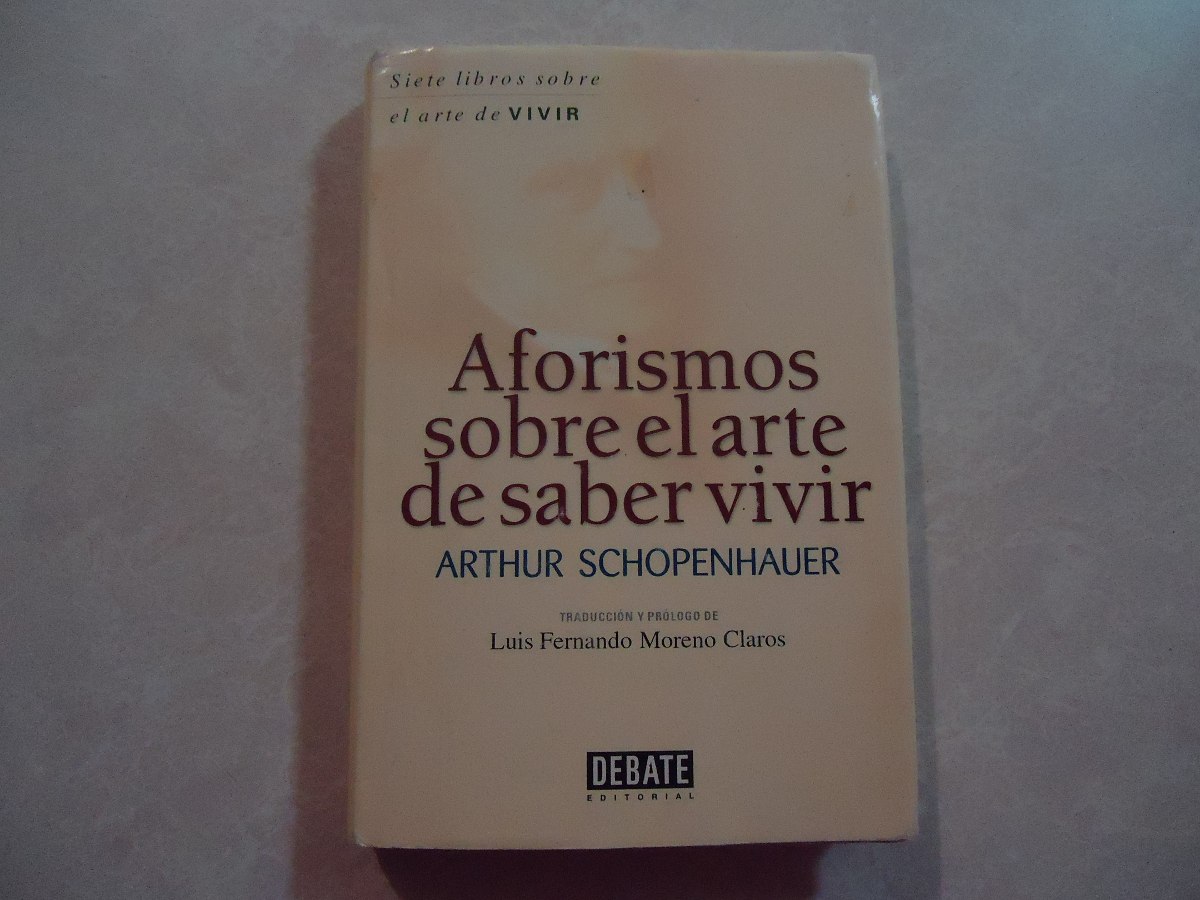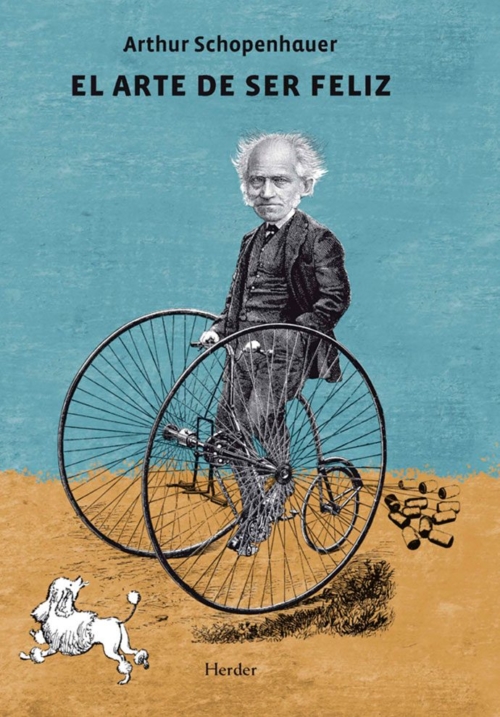

He was immediately contacted by Rui Falcão, an activist of the Brazilian Communist Party who would later become the main leader of the leftist Workers' Party (PT). In 1966, he wrote an article on this subject for the journal of the Academic Center of the Faculty of Law of the University of São Paulo.

Starting in 1970, he attended the Pan-American School of Art in São Paulo to learn artistic drawing, while also taking classes on film production and direction.Īs a private citizen, Olavo de Carvalho opposed the Military dictatorship in Brazil (1968-1985) that resulted from the 1964 coup d'etat. He stated that his self-directed studies were of higher quality and more complete than any academic education available in the formal educational system. Shortly thereafter, he dropped off secondary school due to his dissatisfaction over the school curriculum and an environment that he perceived as devoid of intellectual stimuli.įrom then on, Carvalho devoted himself to his intellectual "self-discovery" journey, and started educating himself on comparative religious studies, philosophy, logic, psychology, symbolism and astrology. His father passed when he was 15 years old, and due to his father's premature death, he had to start working to support himself and his family. His childhood illness prevented him from regularly attending elementary school. From his birth until approximately 7 years old, Carvalho was bedridden and gravely ill with a tumor in his throat and intermittent spikes of fever that nearly caused his death at an early age. His elder brother was Luiz Paulo Pimentel de Carvalho.

Olavo de Carvalho was the youngest son of the attorney Luiz Gonzaga de Carvalho and the housewife Nicéa Pimentel.
3.6 Analyses and Critiques on Olavo de Carvalho's Work (In Brazilian Portuguese). 2.4 The Seven Steps Of The Philosophical Technique. 2.3 Theory Of The Twelve Layers of Personality. 1.5 Political Positions Against Cultural Hegemony. In 2019, he received the Ordem do Rio Branco, the highest honorific medal awarded by the Brazilian government to Brazilian citizens who deserve recognition for their lifetime achievements and cultural contributions. Carvalho actively maintained an account on the now defunct social media Orkut, as well to accounts on Facebook, Twitter and YouTube. The Romanian liberal philosopher Horia-Roman Patapievici praised Olavo's eloquently stance and arguments in the debate, considering his response exceptional. His online debate with Russian academic Alexsandr Duguin yielded the book 'The U.S.A. In 2007, his reflections on objectivity and truth were included in an article in the newspaper ABC Color. He was influential to Brazil's right-wing President Jair Bolsonaro - although Carvalho himself disputed this influence -, Bolsonaro's sons and some of his ministers whose appointment Carvalho suggested. In his works, he discussed historical philosophy, the history of revolutionary movements, the traditionalist school, astrology, perennialism, comparative religion, psychology and philosophical anthropology.Ĭarvalho frequently denounced the “hegemony of the leftist thought” and “cultural Marxism” present in the Brazilian media and universities. Olavo Luiz Pimentel de Carvalho, more commonly known as Olavo de Carvalho (Campinas ApRichmond January 24, 2022), was a Brazilian philosopher, philosophy scholar, book author, political pundit and essayist. The revolutionary mind, cognitive parallax, theory of the four speeches, trauma of the emergence of reason, twelve layers of personality, radical intuitionism, authorithy principle, acts without testimony, confession method, world of principles, knwledge by presence, triple intuition theory, cognitive paralaxe, metaphysical foundations of the literary genres, subject of history, theory of the empires, the seven steps of the philosophical techniques.







 0 kommentar(er)
0 kommentar(er)
